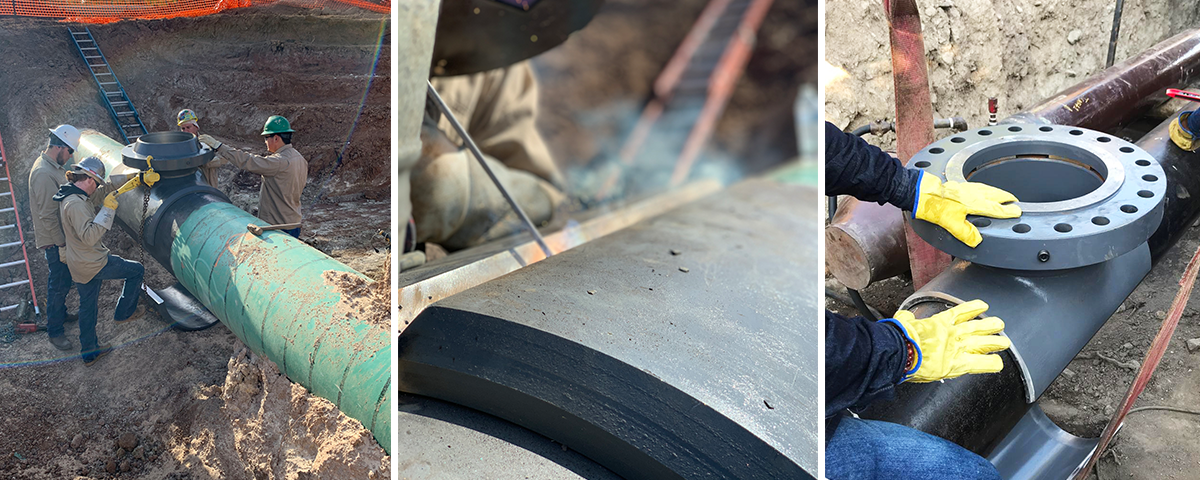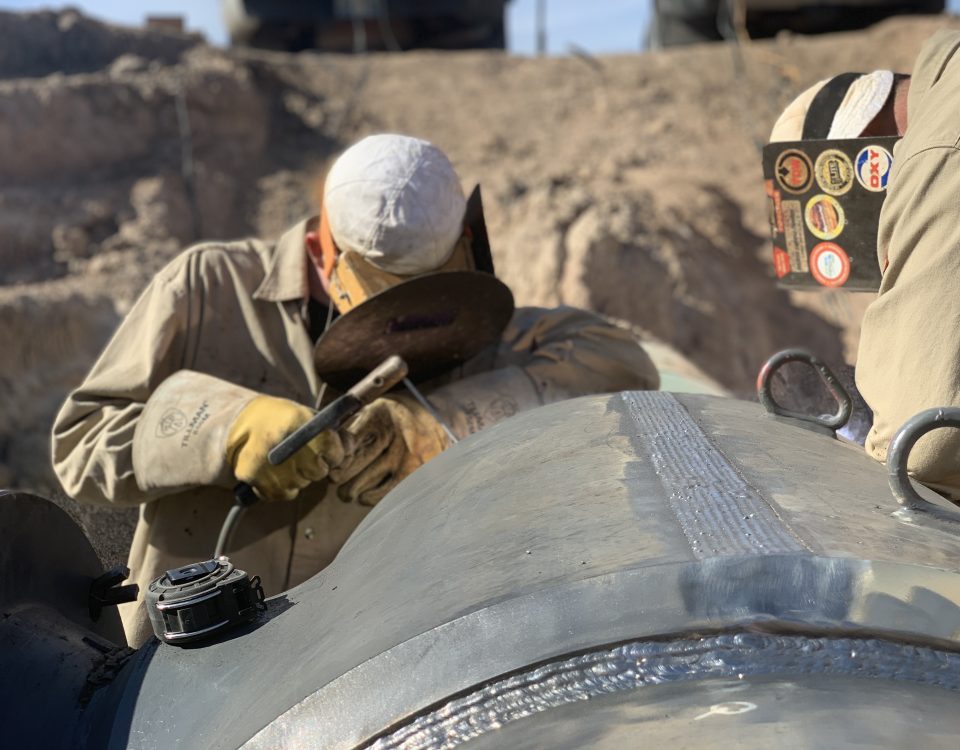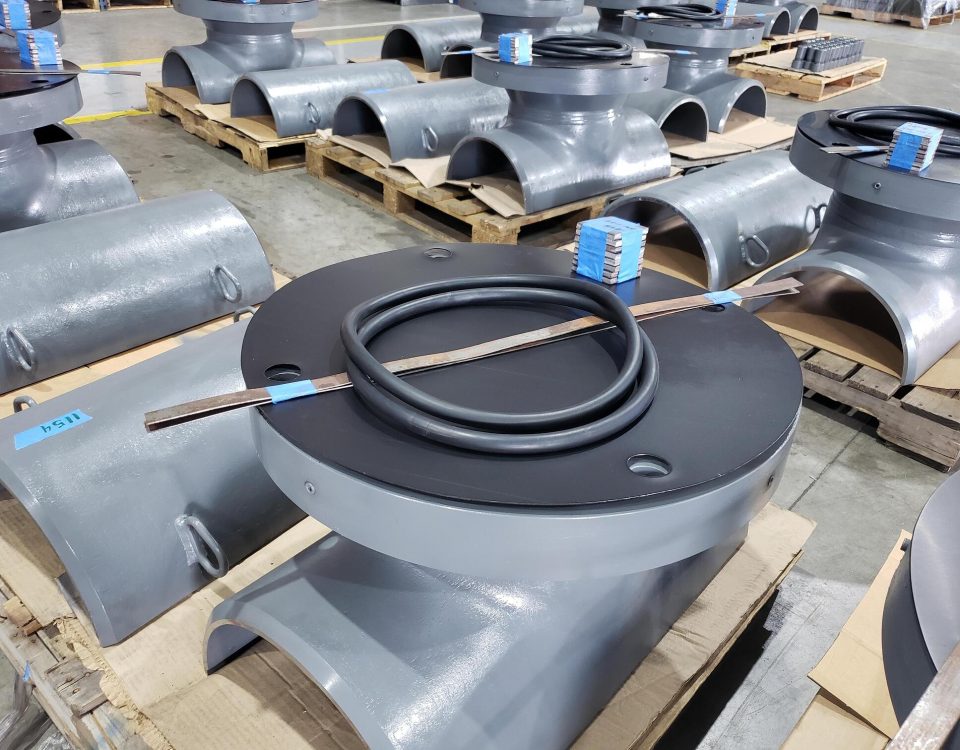Pipeline Integrity as a Holistic Goal


Pipeline integrity focuses on the holistic goal of protecting essential commodities and ensuring the safe and secure operation of machinery to eliminate risks of failures and disasters due to leakages and other factors. Here are 6 of many ways to protect assets in the Oil and Gas industry in regard to Pipeline Integrity.
Methodology for Asset Lifecycle
Develop, Plan, and Procedure Methodology focuses on crucial aspects before laying out the planning and installation of pipelines, thus beginning the process of ensuring the safety of the assets. Ranging from technical specifications to identifying challenges related to complicated geographical regions, the essential planning, surveys, and the defined procedure can help in mitigating the risks of pipeline failure, leakages, and downtime.
Mitigation for Long Term Performance
Pipelines are usually spread over large and varying geographical regions making it important to monitor and assess the external factors that degrade the quality and longevity. One major challenge for pipeline integrity is corrosion that can prove to be a large expense if it becomes the underlying reason for failure or leakages. Corrosion can be mitigated and prevented by applying special coatings or cathodic protection systems to protect the pipelines and essential parts for increasing performance and operational efficiency.
Maintaining Machinery & Equipment
Regular assessment in addition to preventative maintenance of machinery and equipment systems can help combat the risk of catastrophic failure. The timely mitigation of defects and faults of machinery or equipment helps to eliminate the risks of accidents and potential loss of life and environmental damages.
Monitor In-Line and Real-Time
In-line inspection tools can offer crucial data points and the real-time conditions of pipeline systems by tracing dents, corrosions, and wall thickness to evaluate the physical defects to offer pro-active insights for maintenance.
Managing Through External Testing
External integrity testing helps to ensure that pipelines are safe from corrosion and other types of damages, which can incur the risks of failure or leakages. The NDT or non-destructive testing tool is used to access external conditions such as degradation or damages through ultrasonic or particle testing methods.
Making Use of Asset Tracking Software
Asset tracking software helps companies to keep active track of the location of equipment and machinery as well as the scheduled maintenance and repair. It not only helps in protecting assets from significant failures due to human negligence but offers smart insights on various external and internal conditions that might impact the equipment.
To discuss how Uni-Forge can be your pipeline integrity partner, please call +1 713 937 6193 or email us at info@uni-forge.com.
Topics: extrusion, maintenance, pipeline integrity, oil & gas




